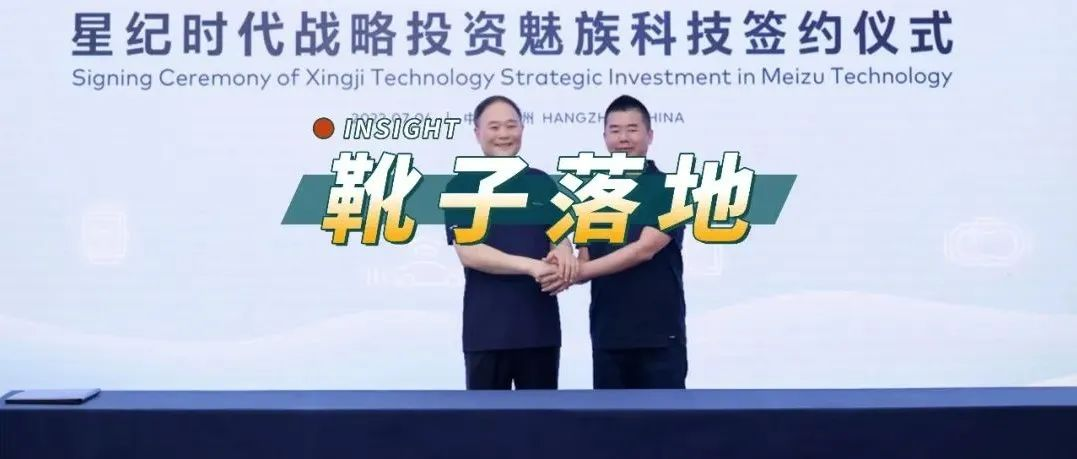Author: The Office
On July 4, 2022, the long-awaited strategic investment of Chinese domestic car brand Geely in Meizu, an intelligent smartphone manufacturer, finally landed.
According to the investment agreement, after this round of delivery is completed, StarTimes, controlled by Li Shufu, the chairman of Geely Holdings, will hold 79.09% controlling rights of Meizu Technology and obtain exclusive control rights of Meizu Technology.
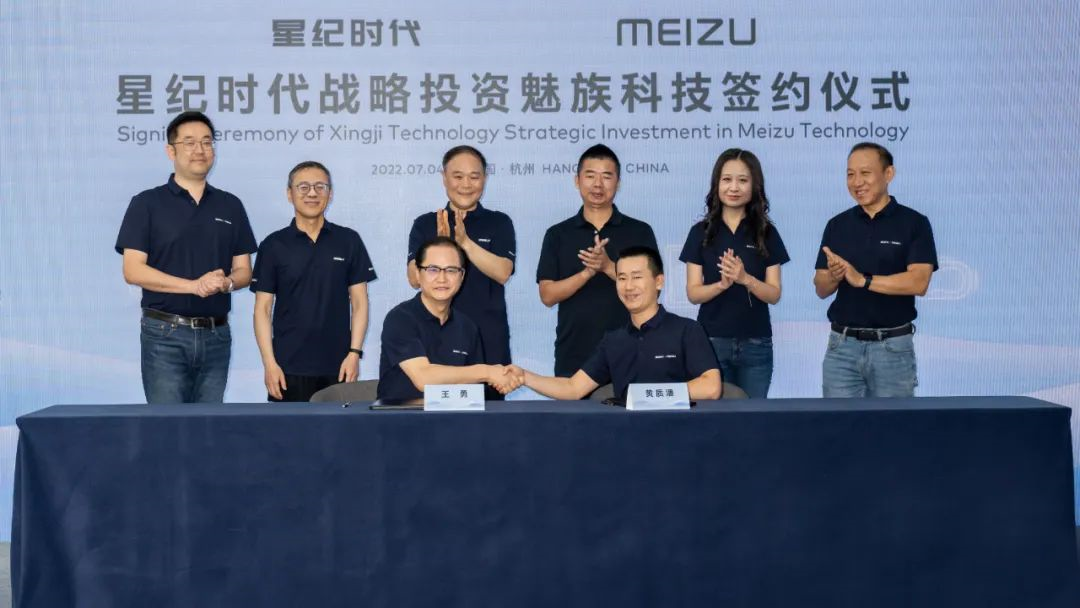
At the signing ceremony, both parties announced that they will “join hands to fully integrate into the global travel technology ecosystem and provide users with a multi-terminal, all-scenario, immersive integration experience.
This is the latest footnote of Chinese smartphone manufacturers entering the automotive industry, following the cooperation between Huawei and Jinkang Sailis and Xiaomi’s announcement of car making.
Back-to-back battle
For Geely today, it is hard for the management of this multinational group to peacefully enter every night’s dream with the intelligence of the car.
In October 2021, Geely’s high-end intelligent electric vehicle brand, Geometry, launched its first model, Geometry A, as the pioneer of the company’s intelligence. The vehicle was highly expected.
However, with the large-scale delivery of Geometry A, the performance of the car’s intelligent cockpit has caused widespread negative public opinion on social media. Basic bugs such as navigation loss, route planning errors, car system jamming, air conditioning failures, and driving black screens abound, let alone the construction of UI, UX, and content and service ecology.
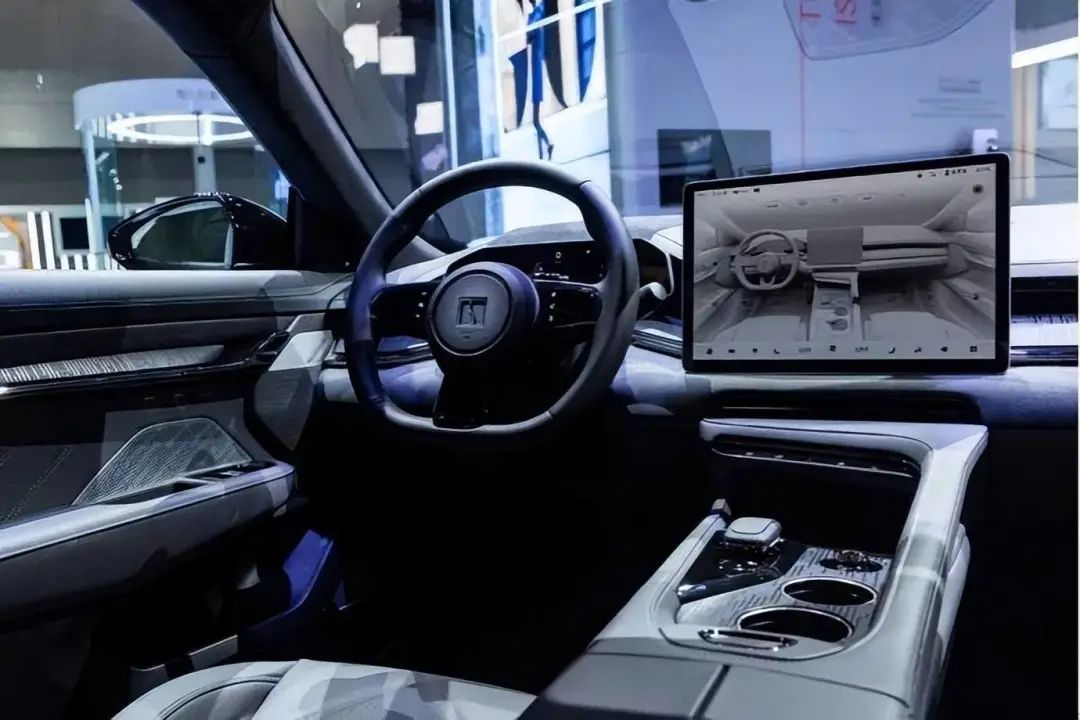
There are some details that prove this point: In January 2022, Geometry announced the establishment of an intelligent R&D center. Zhang Song, who has worked for Apple and OPPO, was appointed as the vice president of Geometry’s intelligence, responsible for the intelligence, whole vehicle OTA, and intelligent cockpit of Geometry. However, Rome was not built in a day, and Zhang Song’s arrival is unlikely to bring significant positive changes to the cockpit of Geometry A in the short term.
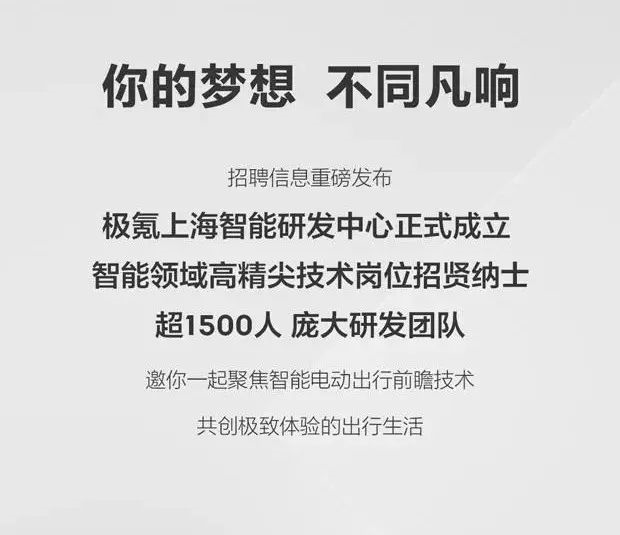
More importantly, for Li Shufu, apart from Geometry A, Geely also has the smart electric vehicle Smart ForTwo produced by the joint venture with Mercedes-Benz, as well as the Lotus Evija, which leads the group’s smart electric vehicle product ceiling. The intelligent cockpits of these heavyweight products must not fail, and the performance of Ecarx on Geometry A is unlikely to reassure Geely.Since April 2021, the Huawei Smart Selection Team, led by Huawei’s Executive Director and Terminal Company CEO, Richard Yu, has focused on the intelligent cockpit of the underwhelmingly-selling and ordinary-product-powered Seres SF5 – this is important, because the early stages of its sales were lackluster, but its sales performance continuously grew later on – and brought the Huawei HarmonyOS ecosystem into the automotive industry.
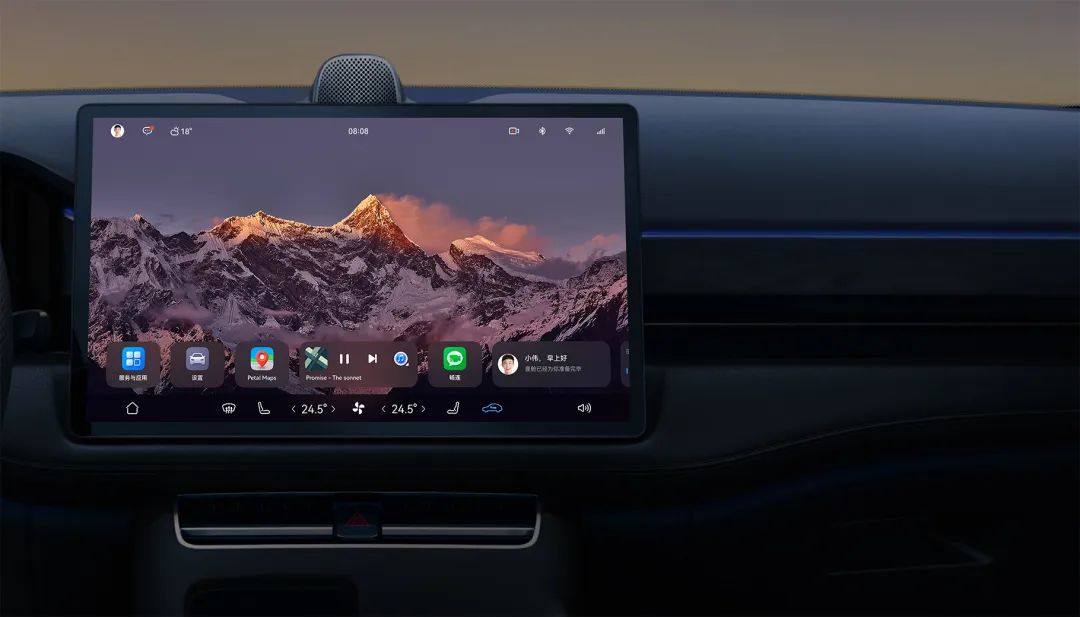
The development of events exceeded everyone’s expectations. The sales of the Huawei Smart Selection SF5 and its subsequent derivative models, the Wanjie M5, began to grow rapidly. In June, the sales of the Wanjie M5 had already exceeded 7,000 units.
For the intelligentization of automobiles, Geely needs a strong external force, and the Huawei story tells Geely that players who have emerged from the ferocious battlefield of the past decade’s smartphone industry will not find it too difficult to enter the new competition in the intelligent cockpit.
Meizu is one of those players.
2016 was the pinnacle of Meizu. Its mobile phone shipments once exceeded 20 million units a year, but thereafter, the competition became much more fierce in the final round. According to BCI, as of January 31, 2021, Meizu’s smartphone market share plummeted to 0.1%.
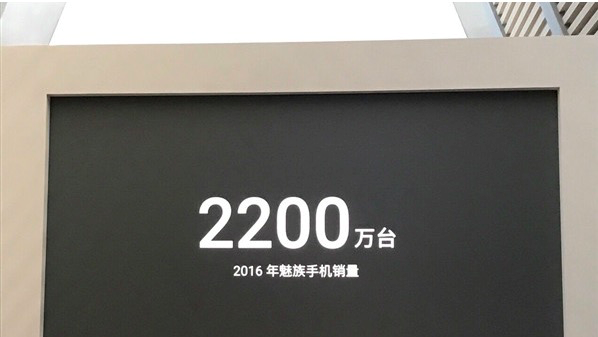
It is evident that without external blood transfusions, Meizu’s chances of success are infinitely slim against veteran competitors such as Apple, Samsung, OPPO, Vivo, Xiaomi, and Huawei in the absence of external blood transfusions. This is especially true against the background of the transformation towards intelligentization of automobiles. Even the top player, Apple, has announced a new generation of CarPlay at the just-concluded WWDC 2022, heralding its voice in the automotive industry.
Each took what they needed, and Geely and Meizu joined forces.
After Star Era Technology’s strategic investment, Meizu will still operate as an independent brand. Meizu CEO Huang Zhangpan will continue to serve as a member of the Meizu Board of Directors, and the Meizu senior management team will remain stable.
The best way to cooperate is mutual benefit.
Wei Xiaoli and Hua Xiaomei
After the strategic investment was completed, the old rivals of intelligent smartphone manufacturers personally took action to create a scale of players in the smart car cockpit: Huawei teamed up with Seres, Xiaomi produced its own car, and Meizu partnered with Geely.
As mentioned earlier, in addition to Huawei’s powerful marketing, brand, and channel resources tilting, the sales growth of Wanjie M5 cannot be ignored at the most basic product level – Huawei’s HarmonyOS cockpit is an advantage that cannot be bypassed.A simple comparison shows that in 2022, the Huawuei Hisilicon Kirin 990A cockpit chip, paired with 6GB RAM + 128 GB ROM, powers a 15.6-inch 2K screen on the Wanjie M5. Although this hardware configuration is not outdated, it is difficult to compare favorably with the combination of the Qualcomm Snapdragon 8155 cockpit chip and 8GB RAM used by Weixiaoli.
However, in terms of actual user experience, thanks to Huawei’s continued cultivation of HarmonyOS underlying software in the past few years, “Wanjie M5” shows a significant advantage in UI, UX, content, service ecology, even the most basic touch responsiveness and latency optimization. As a carrier under the all-scenario interconnection promoted by Huawei for years, the smart cabin has achieved seamless integration.
With Huawei’s “teaching” ahead, it is expected that Xiaomi, which has a huge MIUI and Mijia ecosystem, will not be mediocre in launching its own car. According to Lei Jun, chairman of Xiaomi Technology, he will personally lead Xiaomi’s car venture.
However, considering the disadvantage of latecomer for Xiaomi’s first car model, which will not be offline until 2024, it is foreseeable that the deep integration of UI, UX, and ecosystem accumulation based on MIUI and the combination with Mijia ecosystem will be one of Xiaomi car’s most differentiated competitive advantages.
In combination with Apple’s upgrade of CarPlay and Google’s further development of support for Android Automotive OS, the combination of Meizu and Geely is even more urgent than imagined, and it is becoming more and more likely to happen.
Speaking of Meizu, whether it is the highly acclaimed M Back interactivity in the early stage or the hidden ring flash in hardware engineering, history has shown that Meizu has never been a brand that “just plays it safe”. The refreshing UI has always been one of the key differentiation advantages of Meizu Flyme.
After receiving strategic investment from Geely, besides the smartphone battlefield, what new thinking and attempts will Meizu bring to the industry on wheels? It is worth looking forward to.
Another way to cross the high threshold
Either actively or passively, every major player in the smart-phone market is entering the automotive industry.As early as 2014, Apple launched its car project, Project Titan. Over the past decade, Titan’s development path has been adjusted several times. The former head of Titan, Doug Field, who was once highly anticipated, and former Model 3 chief engineer, has resigned. The mass production of Apple cars has been repeatedly delayed, and on the other hand, Tesla, Apple’s most important competitor, has achieved incredible growth at this time.
This may indirectly drive Apple to significantly update CarPlay at WWDC— even if they are not ready to directly confront Tesla yet, they should at least create some obstacles to make their opponents uncomfortable.
CarPlay has caused a stir in the automotive industry. Even before the CarPlay update, Li Bin, the CEO of NIO, openly stated that “Apple’s cars will have strong competitiveness, and NIO needs to have a certain level of resistance and impact resistance before the impact of Apple arrives.”
Back in China, in addition to Xiaomi and Huawei, who are actively participating in the war, the two giants, OPPO and Vivo, have shown subtle differences in their attitude towards the automotive industry.
First, in April 2021, OPPO founder Chen Mingyong explicitly stated that smart cars and electric vehicles are definitely a direction for transformation in the future, “but currently, OPPO’s value in this field is limited, and at least it has not yet discovered the need to make cars.” Later, in April 2022, Zhu Guitang, the investment management general manager of vivo, publicly stated that mobile phones, tablets, watches, and other ecological chain products are the key focuses of vivo. They want to focus their energy on what they can do well from the perspective of ability.
A year later, the two OV giants have substantially rejected the possibility of actually making cars – even the possibility of building intelligent cabins. Compared with the situation five years ago, where over 100 new car companies entered the market, and now only the “NIO Xiali” three-triumph stage has passed the life and death line of car manufacturing, the high threshold of automotive industry investment, talent, and long cycle may be the key factor for OV’s ultimate decision to stop here.
But rejecting car manufacturing also means rejecting the imagination of a trillion-dollar industry that is unfolding its intelligent transformation. This may also be the source of Xiaomi Chairman Lei Jun’s statement that “during the day, he can think of 10 reasons why he must make cars, and at night, he can list 10 reasons why he can’t.”In the face of such a dilemma, Meizu, which had already entered a defensive position and was close to losing its qualification to participate in the competition for the next generation of digital platforms, dramatically entered the automobile industry by accepting strategic investment from Geely. Considering Geely’s comprehensive and complete layout of intelligent electric vehicle brands, it is undeniable that Meizu has secured a seat, just buckle up and step on the accelerator.
With Geely’s comprehensive entry, Meizu has started the next decade on wheels in this way.
This article is a translation by ChatGPT of a Chinese report from 42HOW. If you have any questions about it, please email bd@42how.com.
